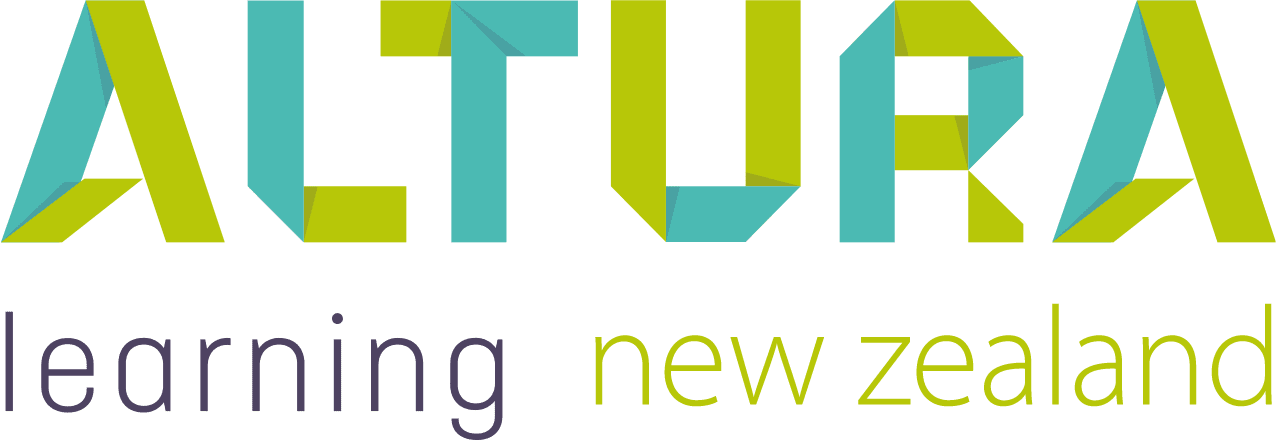Home | Altura Blog |
World Alzheimer’s Month – “Never too early, never too late”
September 11, 2023 | Altura Blog
More than 55 million people worldwide are living with dementia and the most common form is Alzheimer’s disease. The disease is named Alois Alzheimer, a German psychiatrist and neuropathologist, who spent years studying the behavioural symptoms, including loss of short-term memory, of Auguste Deter, a patient in a Frankfurt asylum. After her death in 1906, Alzheimer continued studying Auguste’s brain and was able to discover the brain anomalies, such as amyloid plaque, that would later become one of the identifiers of Alzheimer’s disease.
We now know that Alzheimer’s disease is a physical brain condition that affects how the brain’s neurons work and communicate with each other, resulting in impaired memory, thinking and behaviour.
World Alzheimer’s Month is an opportunity to raise awareness around Alzheimer’s disease and to educate and demystify dementia.
The theme for World Alzheimer’s Month 2023 – “Never too early, never too late” – focuses on risk factors and risk reduction, both playing a crucial role in potentially delaying or even preventing the onset of dementia.
Some facts about Alzheimer’s disease:
- Anyone can develop Alzheimer’s disease, but it is more common in older age.
- Genetics, lifestyle and environment are associated with a likely increased risk of developing Alzheimer’s disease.
- In a few cases, Alzheimer’s disease is inherited, with symptoms usually occurring when a person is in their 50s, sometimes younger.
- It is not known why some people develop Alzheimer’s disease and others do not.
- There is no single test to diagnose Alzheimer’s disease.
Making a Positive Difference
Alzheimer’s Disease International (ADI) is the international federation of Alzheimer associations around the world, empowering them to promote and offer care and support for people with dementia, their families and carers.
You can raise awareness too!
- Access World Alzheimer’s Month resources for your organisation, including posters and toolkits here.
- Find out more about the Alzheimer’s association in your region here.
And don’t forget you can find a suite of dementia courses in our library.


